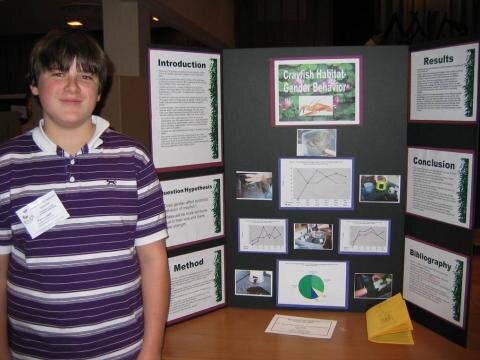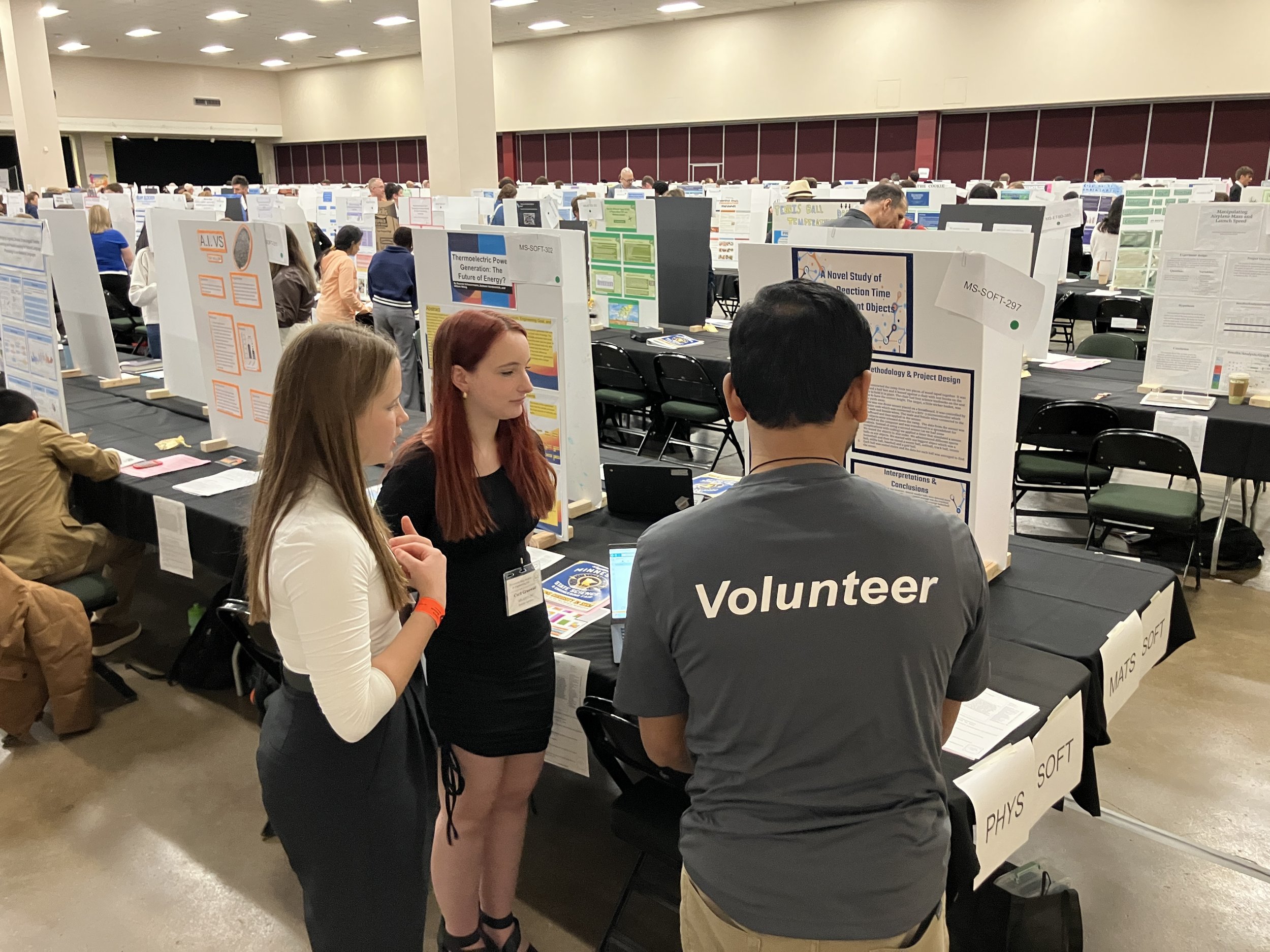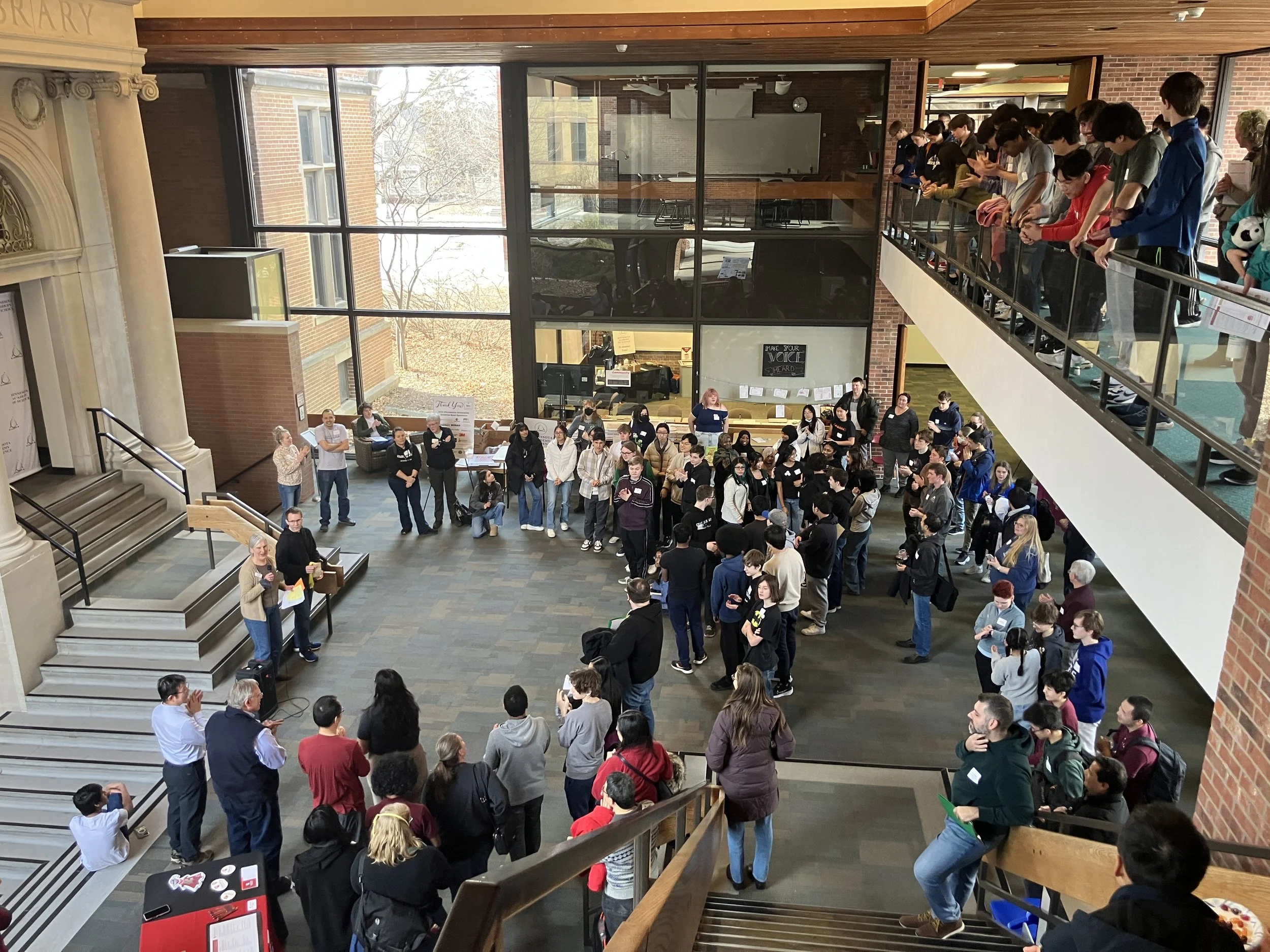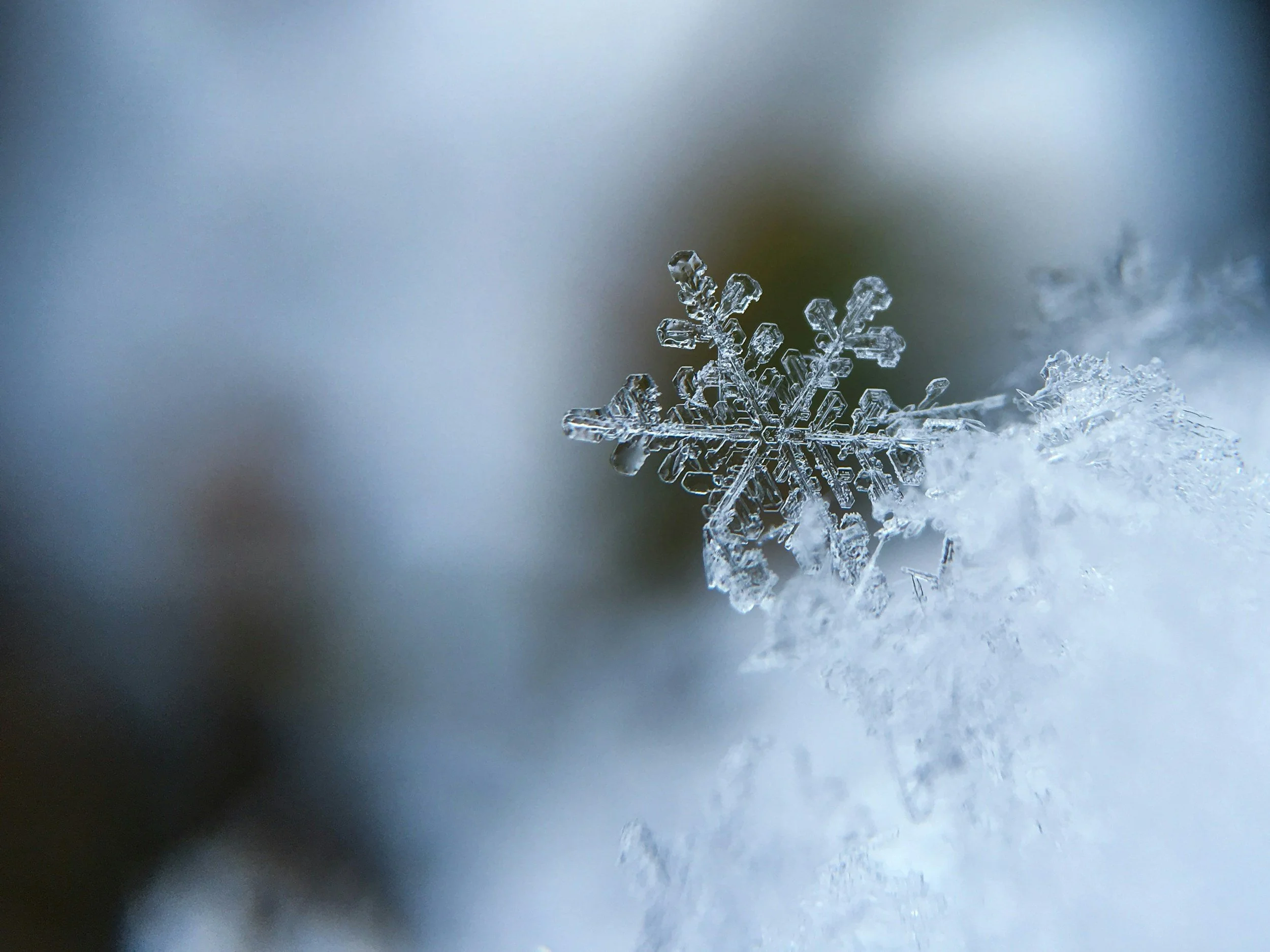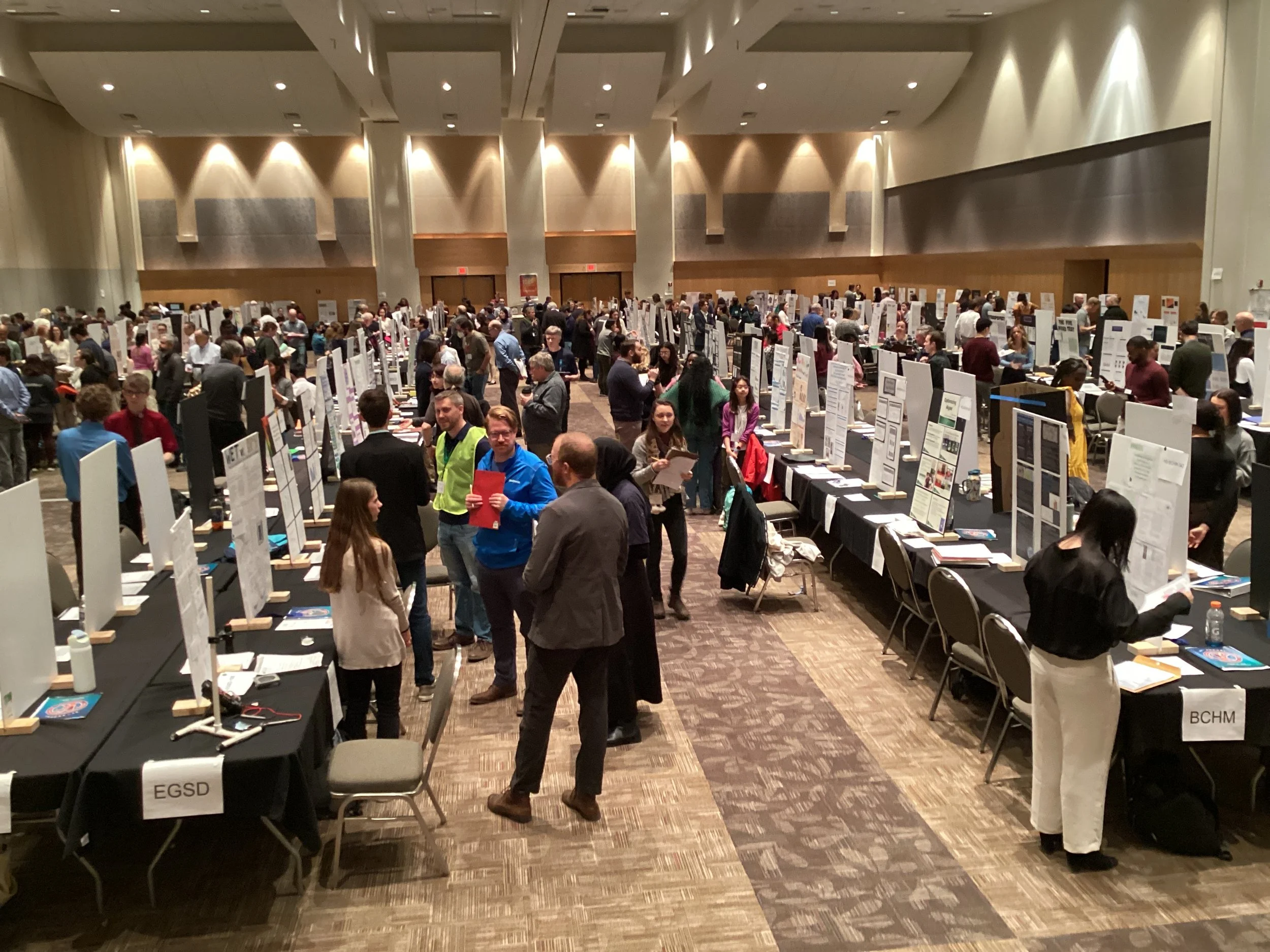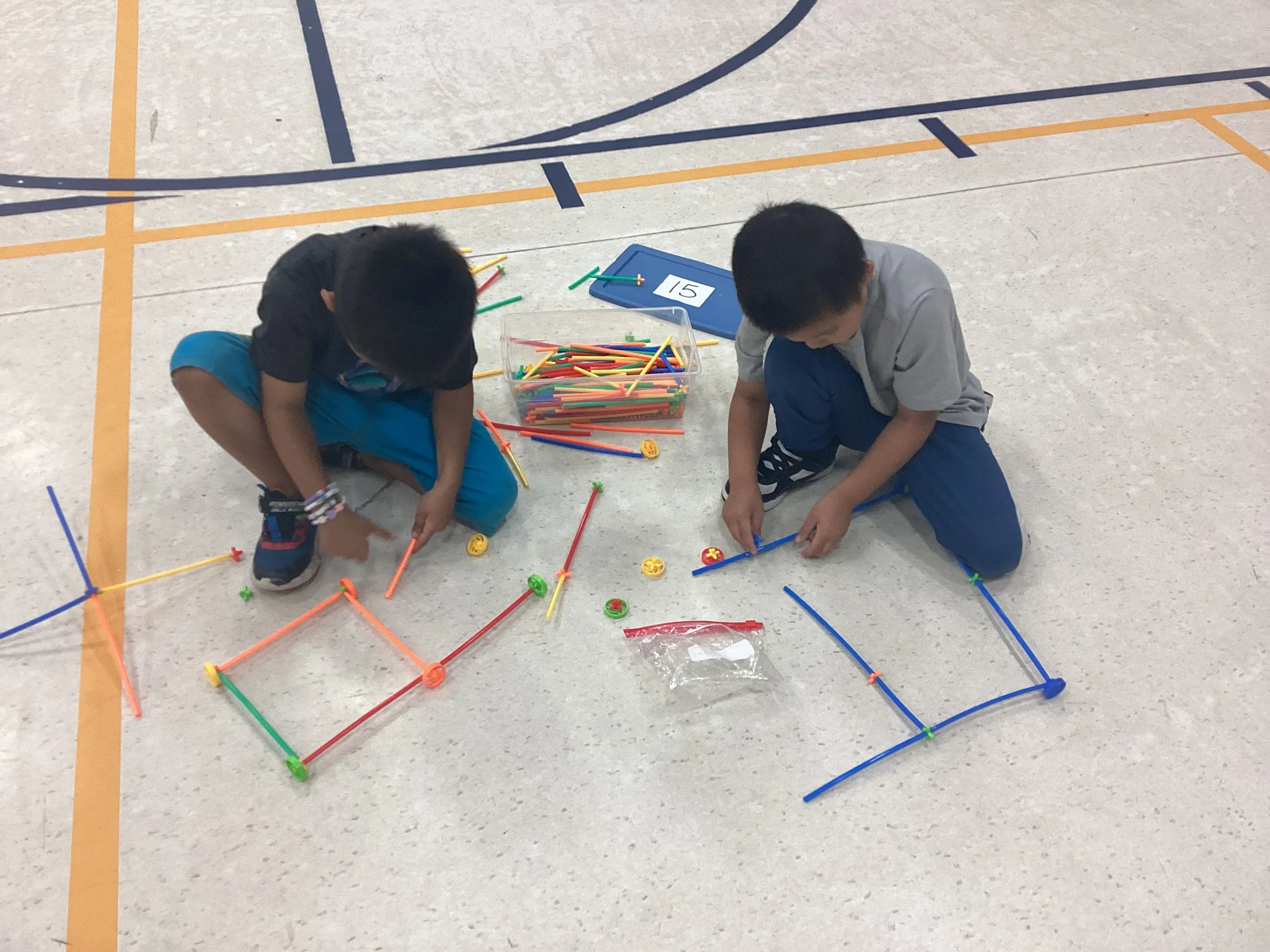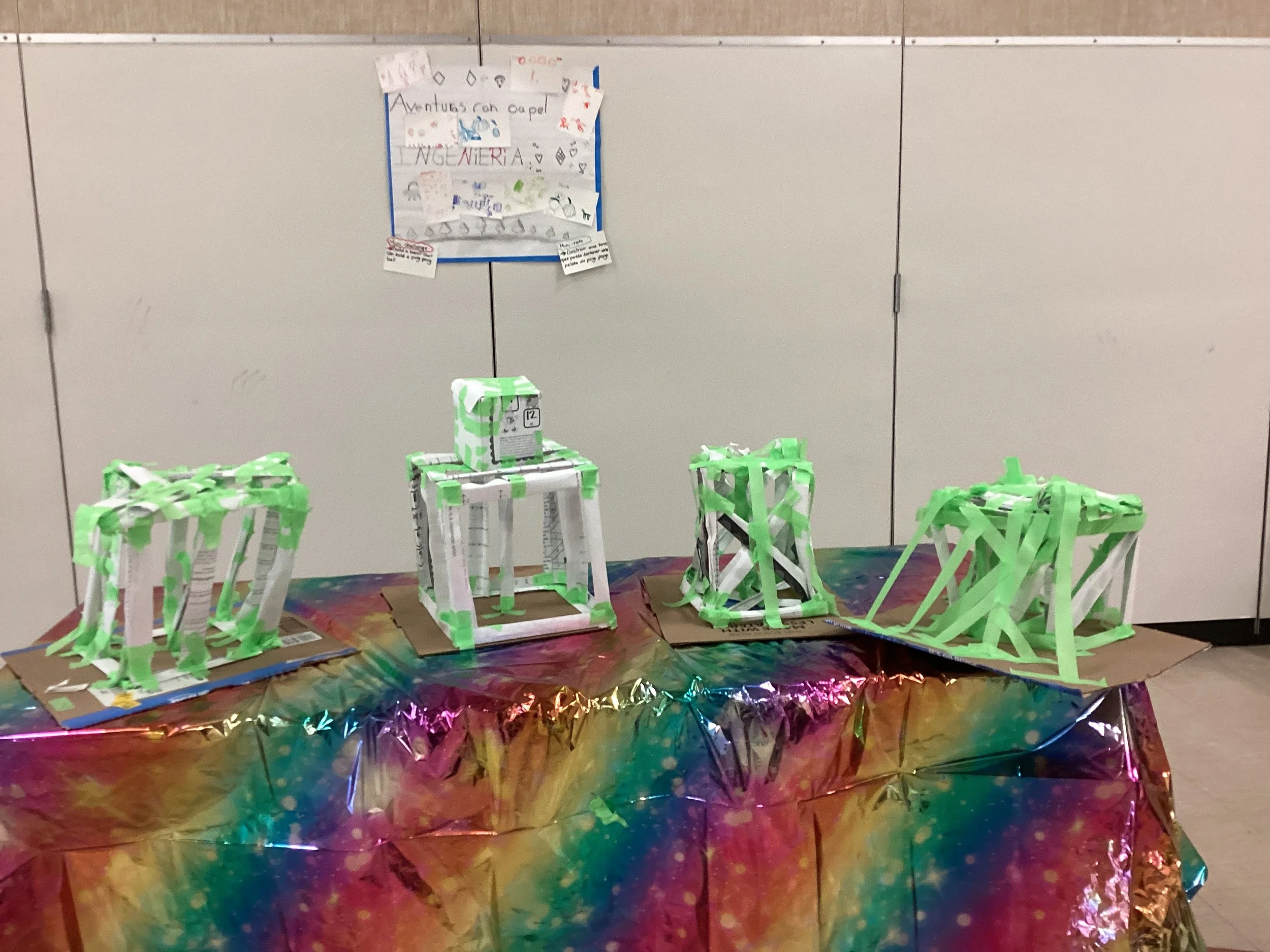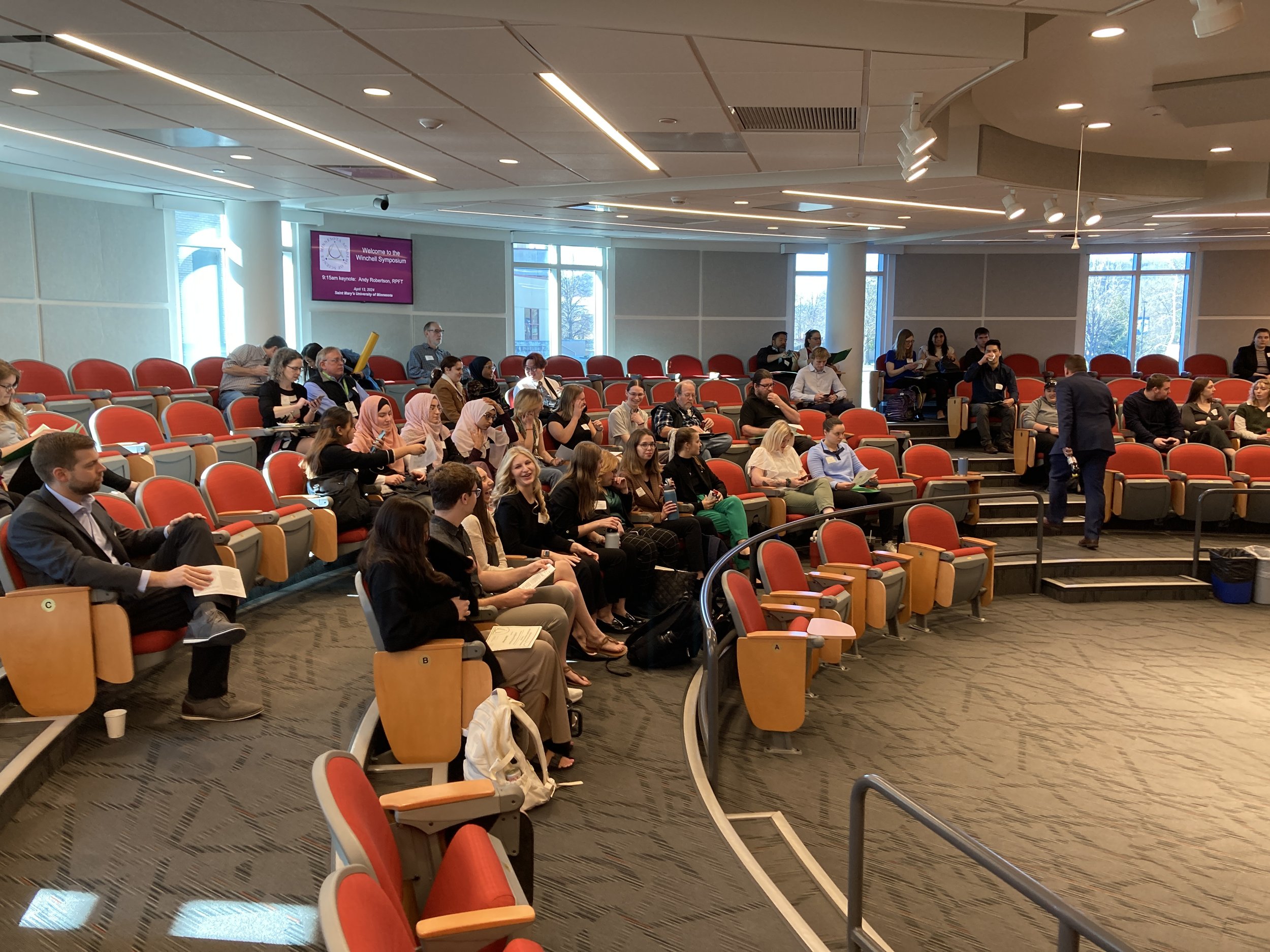Minnesota Academy of Science offers several programs that give Minnesota students opportunities to showcase their STEM research. We are beginning to highlight stories of alumni and advisers across the state who have benefited from these programs. [Please share your own stories as an alumnus or adviser of MAS programs]
Spotlight: Logan Pallin and Adviser Cynthia Welsh
Cynthia Welsh is a Cloquet science teacher and the Northeast Minnesota Regional Science Fair director. One of the students who participated in the local Science Fair program is Logan Pallin. In 7th grade, he did a research project about Monarch butterflies. As an 8th grader, he was studying crayfish and benthic macroinvertebrates. Now a graduate student, Pallin chatted with Welsh’s 7th grade class via Google on the eve of his trip to Antarctica to study the effect of climate change on Humpback whales. He arrived at Palmer Station on January 9, 2016, and posted with an undergraduate colleague about his travels.
Pallin at his 8th grade Science Fair.
Welsh said Pallin found his research niche when he began to do stream work in Cloquet. “For three years his work looked at the effect of a rain garden on a local trout stream. His project took him all over the United States, to Intel ISEF, ISWEEEP, and the National Stockholm Junior Waterprize.”
She tells her students to decide on their dream college and apply. “Logan wanted to go to Duke University. He applied, and they paid for a site visit. I gave him 15 copies of his senior research paper and told him to pass it out to anyone that would take it. It landed on the desk of the American Indian recruiter/advocate, and within a few days they offered him a full ride to Duke University. The summer of his junior year at Duke he was interning with professors who were among the world’s experts on humpback whales. Logan’s job was to do a PCR analysis of the whale samples they were sending back from Antarctica.”
“Because of his JSHS and Science Fair experience,” Welsh continued, “Logan knew how to write a good research paper. He asked the scientists if they were going to write a paper on this work. They said no, but that he could, as lead author on the paper. This led to the work he is doing today at Oregon State University, where he is working with the world’s expert on whale genetics. He plans to return to Duke University to work on his Ph.D.
“Logan is a special individual because he knows how to work hard, how to never give up, how to keep focused on the next task without getting overwhelmed by all that scientific research can ask of you, by following his passion and making that his life’s work --because then every day is an adventure!”
Pallin speaking to Welsh’s 7th grade science class in 2016.
Welsh notes that all of her seniors’ Science Fair research projects influenced their major in college, and helped them receive scholarships to Yale, Stanford, Duke and Pennsylvania State. One student was asked to present at the first-ever White House Science Fair in D.C. Five students thus far have published in professional journals. She believes the opportunity to engage in-depth research through the programs gives students a much stronger idea of what they want to pursue in college.
She appreciates the one-on-one mentoring action between teacher and student. “After six years of working together, the students and I develop a close trusting relationship,” she says. “I have witnessed that when students are allowed to explore their interests, unbelievable things happen. Working on a science research project is the perfect example of how students can challenge themselves to stick with a long-term tough subject/project.”
Tales/Tails from his trip
Logan shared his experience tracking humpback whales in Antarctica with the local Minnesota community where his science career began in a talk entitled "A Scientific Journey to the Bottom of the Earth: Discovering the Mysteries of the Antarctic Humpback Whale" in Cloquet in 2016. He talked about studying humpback whales, life at Palmer Station, and the various projects he worked on while there.
All research was conducted under National Marine Fisheries Service Permit (NMFS) 14809-2.
Pallin’s interest in Wildlife Biology was sparked while a Middle School student in Cloquet.
Map of Pallin’s Humpback Whale research trip in the Southern Hemisphere.

